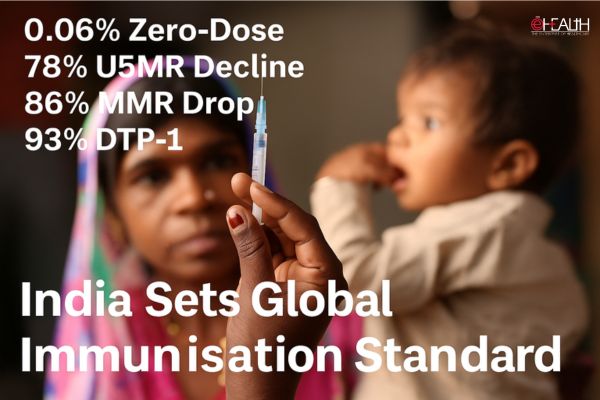
 As per the United Nations (UN) International Agency for Research on Cancer (IARC), about 18 million new cases of cancer are expected in 2018.
As per the United Nations (UN) International Agency for Research on Cancer (IARC), about 18 million new cases of cancer are expected in 2018.
It is also estimated that 9.6 million people will die from various forms of the disease this year.

One in five men and one in six women worldwide develop cancer during their lifetime, and one in eight men and one in 11 women die from it, said IARCs global cancer observatory.

“These new figures highlight that much remains to be done to address the alarming rise in the cancer burden globally and that prevention has a key role to play,” said IARC Director Christopher Wild.

“Efficient prevention and early detection policies must be implemented urgently to complement treatments in order to control this devastating disease across the world,” Wild added.

In India, the number of new cancer cases in 2018 stood at 1,157,294. This figure includes both male and female, of which 587,249 are females.
The risk of developing cancer before the age of 75 years was recorded 9.81 percent for males and 9.42 percent for females.
The top five most frequent cancers for both male and female in India are breast, lip, and oral cavity, cervix and uteri, lung, stomach.
The report said that globally the cancer is increasing due to factors like population growth, ageing as well as the causes related to social economic development.
The new data also shows that most countries are still faced with an increase in the absolute number of cases being diagnosed and requiring treatment and care.
Global patterns show that for men and women combined, nearly half of the new cases and more than half of the cancer deaths worldwide in 2018 have occurred in Asia, which has in part because the region 60 percent of the global population.
Lung cancer is remained a leading cause of death for both men and women and is the leading cause of cancer death in women in 28 countries.
The highest incidence rates of this form of the disease in women are in North America, Northern, and Western Europe – notably Denmark and the Netherlands – China, and Australia and New Zealand; with Hungary topping the list.
The findings suggest that many countries have to do a lot on the front to prevent smoking-related cancers. However, many countries have already adopted some measures to reduce smoke in public places and promoted many government ads, which shows the harmful effects of smoking.
Be a part of Elets Collaborative Initiatives. Join Us for Upcoming Events and explore business opportunities. Like us on Facebook , connect with us on LinkedIn and follow us on Twitter , Instagram.
"Exciting news! Elets technomedia is now on WhatsApp Channels Subscribe today by clicking the link and stay updated with the latest insights!" Click here!
















